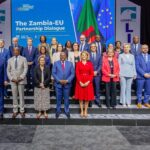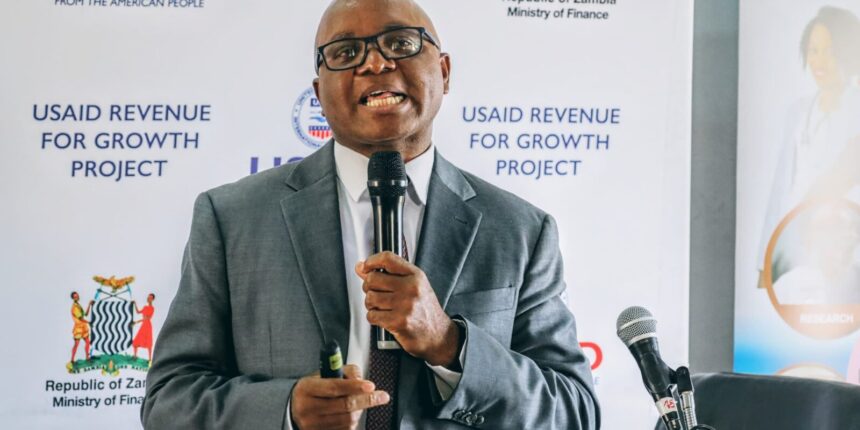The Zambian government has launched its 2025-2027 Medium Term Budget Plan, outlining a roadmap for economic resilience, fiscal discipline, and sustainable growth. Unveiled by Secretary to the Treasury Felix Nkulukusa, the white paper focuses on strategies to strengthen key sectors such as agriculture, mining, energy, and manufacturing, aligning with the goals of the 8th National Development Plan (NDP).
Addressing Economic Challenges
The white paper highlights measures aimed at cushioning the impact of the severe drought experienced during the 2023/2024 farming season. It also places a strong emphasis on protecting vulnerable populations while rebuilding the economy. According to Mr. Nkulukusa, the government’s approach combines fiscal discipline with targeted investments to drive growth and ensure inclusivity.
Projections indicate an annual economic growth rate of over 6 percent, supported by a contractionary fiscal policy aimed at reducing the fiscal deficit from 3.1 percent of GDP in 2025 to 0.7 percent by 2027. This strategy reflects the government’s commitment to prudent economic management and the achievement of fiscal sustainability.
Enhancing Revenue Mobilization
A cornerstone of the plan is a significant focus on domestic revenue mobilization, with a target of achieving 21.2 percent of GDP by 2027. This will involve:
- Improved Tax Policies: Revising tax structures to enhance revenue collection.
- Technology Integration: Leveraging technology to streamline tax administration and boost compliance.
- Strengthening Compliance: Implementing measures to close tax loopholes and reduce evasion.
Mr. Nkulukusa stressed that these steps are essential for financing Zambia’s development agenda and reducing dependence on external borrowing.
Promoting Key Sectors for Growth
The white paper identifies agriculture, energy, mining, and manufacturing as critical drivers of Zambia’s economic recovery and growth:
- Agriculture: Investments in climate-resilient farming practices to mitigate drought-related shocks.
- Energy: Scaling up renewable energy projects and addressing the ongoing electricity challenges.
- Mining: Encouraging sustainable mining practices to maximize resource benefits.
- Manufacturing: Promoting value addition and industrialization to diversify the economy.
Public Reaction and Anticipation
While the plan has been welcomed as a positive step, public reactions have been mixed. Some have expressed concerns about the feasibility of the long-term projections amid current challenges, such as frequent power outages and economic uncertainty. Others see the plan as an opportunity to rebuild trust in the government’s commitment to economic reform.
As Zambia moves into the final two years of the 8th NDP, the Medium Term Budget Plan aims to set a solid foundation for the country’s economic future. With a focus on inclusive growth, job creation, and fiscal responsibility, the government is optimistic about achieving its ambitious goals and fostering a resilient economy for all citizens.






